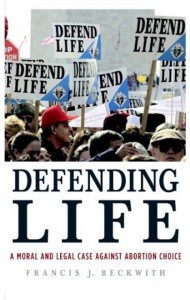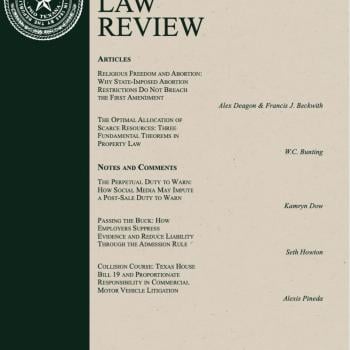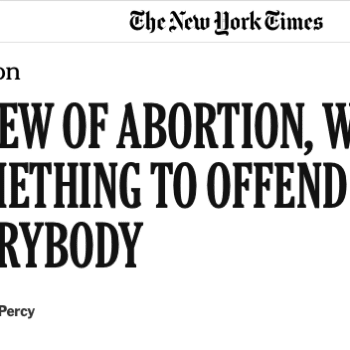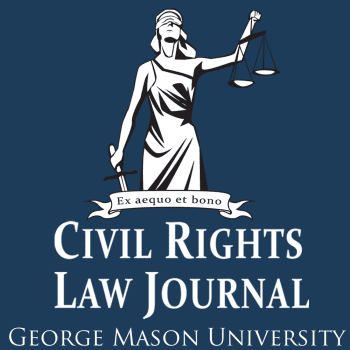That is the title of my most recent entry over at The Catholic Thing. It is the first of two parts, the second of which will appear at The Catholic Thing on January 18, 2013. Here’s how today’s entry begins:
Later this month on January 22, many will commemorate, in sadness, the fortieth anniversary of Roe v. Wade, the Supreme Court decision that declared virtually all restrictions on abortion unconstitutional.
Although prolifers reject this opinion because of its exclusion of the unborn from the class of protectable human beings, most prolifers, like most Americans, rarely understand why many scholars, including abortion-choice supporters, consider Roe to be a badly reasoned opinion. (For an extensive analysis, see my 2006 Liberty University Law Review article).
The 1965 case of Griswold v. Connecticut set the stage. In that decision, the Supreme Court discovered a right to contraceptive use by married couples (later by the unmarried in Eisenstadt v. Baird [1972]), based on the “right of privacy.” Although that right is not found in the Constitution, the Court opined, in a plurality opinion, that it could be inferred from the “penumbras and emanations” of several amendments in the Bill of Rights.
For supporters of abortion choice, the application of this was obvious: because abortion is an exercise of the reproductive rights discovered in Griswold, the right of privacy must be extended to include a right to abortion. However, it was not that simple. For, unlike contraceptive use, abortion required the destruction of what appeared to be a third party, the unborn child.













